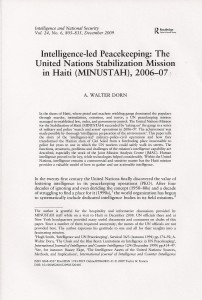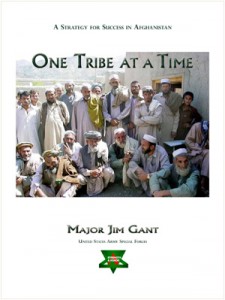 Original Op-Ed Online
Original Op-Ed Online
Strengthening Our Nation's Front Line Of Defense
By Dennis C. Blair
Friday, December 18, 2009
Phi Beta Iota: This is a seriously misleading article, our comments are provided after each paragraph.
The legislation authorizing post-Sept. 11 intelligence reform — the Intelligence Reform and Terrorism Prevention Act of 2004 — was signed into law five years ago this week. We are often asked whether the new organizations, authorities and additional resources have made a difference. The answer is yes.
Phi Beta Iota: In combination with the Patriot Act, which was not read before passage, the legislation has perpetuated all of the bad practices of the past and poured gasoline on the fire by giving incompetent intelligence managers more money. America is less safe today because of the combination of $75 billion a year wasted on a system that still does not process more than 10% of what it collects, still cannot do machine speed multi-lingual exploitation, and still cannot do multinational human engagement and multi-lingual open source.
To be clear, the task of reinventing our intelligence structure and integrating the capabilities, cultures and information technologies of 16 diverse intelligence agencies is massive, and it is incomplete. Problems persist in our technologies, business practices and mind-sets. I have no illusions about how challenging they will be to overcome. But there is an ocean of difference between difficult and impossible.
Phi Beta Iota: Every single criticism in ON INTELLIGENCE: Spies and Secrecy in an Open World (AFCEA, 2000) remains valid today. NOTHING HAS CHANGED in the way of fundamentals. The clandestine service is still full of cowboys under official cover; there still is no processing; the CIA analysts are babies and the DIA analysts are brain dead; technical sources are too big, too late, and too expensive; the list is long. Analysts still spend a quarter of their time trying to access the disparate classified databases at the same time that the Open Source Center remains a national disgrace, unable to do multinational engagement and totally out of touch with the 80% of the information we need that is free, open, and in 183 languages we do not speak. Note: Blair has a set of Steele's book in his possession, he obviously has not read them or this article of his would be completely different. He has no power, no authority, no vision, and with the possible exception of Andy Shepard, no one with a proven track record of knowing what is actually needed–Shepard knew in 1992 and has had to wait 17 years to be heard.
Continue reading “Journal: Director of National Intelligence Alleges….”









